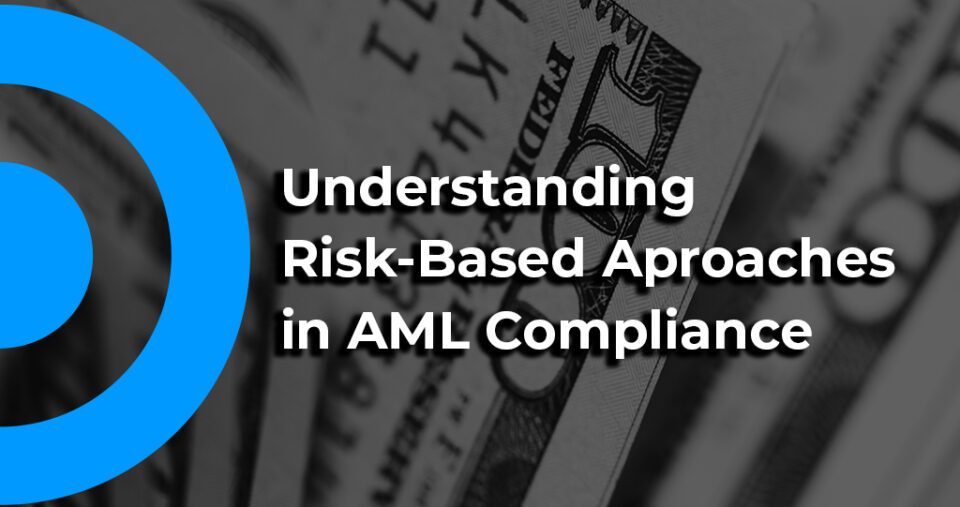
How to Prepare for a Customs and Excise Department Inspection as an MSO
October 15, 2024
Key Lessons from Recent MSO Disciplinary Actions in Hong Kong
October 17, 2024When obtaining an MSO (Money Service Operator) license in Hong Kong, staying compliant with the city’s stringent financial regulations is essential for maintaining your license. However, once the license is secured, the real challenge begins: maintaining compliance with Hong Kong’s Anti-Money Laundering Ordinance (AMLO). Compliance Pitfalls for MSO License can lead to severe penalties for businesses. Companies must ensure they comply with the law consistently.
A part of staying on the right side of the law is ensuring your business plan meets the guidelines stipulated for the application of an MSO license.
In this blog, we will explore common compliance pitfalls that MSO license holders face and the consequences of non-compliance. This serves as a cautionary guide on how to avoid these mistakes and protect your business.
Key Takeaways
- Failing to notify the Customs and Excise Department (C&ED) about changes in business particulars can lead to heavy penalties.
- Disciplinary actions under AMLO are common for non-compliance, such as failure to update bank account details or director information.
- Continuous compliance with AML/CFT regulations is essential to avoid penalties and maintain your MSO license.
Common Compliance Pitfalls for MSO License Holders
1. Failure to Update Business Particulars
One frequent AMLO breach is failing to notify the Commissioner of Customs and Excise about changes in business particulars. This includes changes in:
- Bank account details used for money services
- Key personnel, such as directors or shareholders
- Office premises where the money service is conducted
According to a recent C&ED statement, multiple operators faced penalties for not notifying authorities about changes to bank accounts. Some failed to inform the C&ED about changes in 14 bank accounts, leading to formal disciplinary action.
To avoid this, always notify the C&ED about any changes in your business details within the specified timeframe. Make it a standard operating procedure to update your records regularly and communicate any changes to the authorities without delay.
2. Inadequate Anti-Money Laundering (AML) Controls
MSO license holders must maintain stringent AML and Counter-Terrorist Financing (CTF) measures. When businesses fail to comply with these regulations, they risk penalties and expose themselves to exploitation for illegal activities. The C&ED has taken disciplinary action against businesses for failing to maintain adequate AML controls. This includes insufficient transaction monitoring and neglecting proper customer due diligence (CDD).
In one notable case, regulators penalized an MSO for failing to maintain an updated AML policy and for inadequately training staff on suspicious transaction reporting procedures.
How to Avoid This: Implement robust AML/CFT policies that include regular monitoring of transactions, proper documentation, and rigorous employee training. Ensure that your AML/CTF policies are regularly updated to reflect changes in the law and business practices.
Are you currently preparing for your C&ED inspection? Read more on How to Prepare for a Customs and Excise Department Inspection as an MSO
3. Late Submission of Quarterly Reports
Licensed MSOs must submit quarterly business reports to the C&ED that detail their transactions and operations. Failure to meet this reporting obligation on time is a common pitfall and can lead to disciplinary action. Regular reporting allows authorities to monitor MSO activities and ensure that businesses are adhering to compliance standards.
How to Avoid This: Set up reminders for quarterly report submission deadlines and designate a compliance officer to handle these submissions. Late or incomplete reports can result in fines or even suspension of your MSO license.
4. Ignoring the “Fit and Proper” Test for New Directors
The “fit and proper” test ensures that all individuals involved in the management of an MSO are suitable for their roles. This test covers criminal background checks, financial history, and professional qualifications. Changes in directorship or ownership must be reported promptly to the C&ED, and new personnel must pass the test.
In several recent disciplinary actions, MSO license holders failed to notify the C&ED about changes in directors, leading to fines and remedial action. One operator neglected to report the change of two directors within the specified period, resulting in a pecuniary penalty.
How to Avoid This: Ensure that any changes in your company’s directors or ultimate owners are reported promptly. Additionally, vet any new directors for compliance with the “fit and proper” standards before their appointment.
Ensure you’re Staying Ahead of Compliance: Key Lessons from Recent MSO Disciplinary Actions in Hong Kong.
Consequences of Non-Compliance
The consequences of non-compliance with Hong Kong’s MSO regulations can be severe. Here are some of the most common disciplinary measures taken by the C&ED:
- Pecuniary Penalties: These can range from thousands to millions of Hong Kong dollars, depending on the severity and duration of the breach. For example, businesses that failed to notify the C&ED about changes in bank accounts or directors faced fines, in addition to remedial actions.
- Remedial Action Orders: In some cases, the C&ED may order remedial actions, such as updating AML policies or rectifying business details in their records. While these may seem less severe, repeated breaches can lead to escalated enforcement, including the revocation of an MSO license.
- License Suspension or Revocation: Persistent non-compliance or particularly serious breaches can result in the suspension or permanent revocation of an MSO license. This not only disrupts business operations but can also damage the company’s reputation and future prospects in the financial services industry.
How to Stay Compliant
Staying compliant with the ever-evolving regulations governing MSO businesses in Hong Kong requires vigilance and proactive measures. Here’s a checklist to ensure your business stays on track:
- Update the C&ED regularly: Always report changes to your business structure, bank accounts, and directors immediately.
- Maintain robust AML/CFT policies: Regularly review and update your policies to comply with the latest regulations, and ensure all staff are well-trained.
- Submit quarterly reports on time: Avoid fines by setting internal reminders and assigning responsibility to a compliance officer.
Vet all new hires and directors: Make sure they pass the “fit and proper” test before formalizing their roles.
How PayCompliance Can Help
Navigating the regulatory landscape of Hong Kong’s MSO license can be complex, but you don’t have to do it alone. PayCompliance specializes in corporate and licensing services tailored for the payment industry, with a focus on helping businesses meet and maintain compliance with the C&ED’s regulations. From ensuring your AML policies are up to date to guiding you through reporting requirements, we offer comprehensive solutions to help your business thrive while staying compliant.
Keeping your MSO license in good standing requires more than just obtaining it—it demands ongoing attention to detail, regulatory awareness, and proactive compliance management. By avoiding these common pitfalls and taking a strategic approach to your regulatory obligations, you can ensure that your business stays compliant and continues to grow in Hong Kong’s competitive financial services industry.



